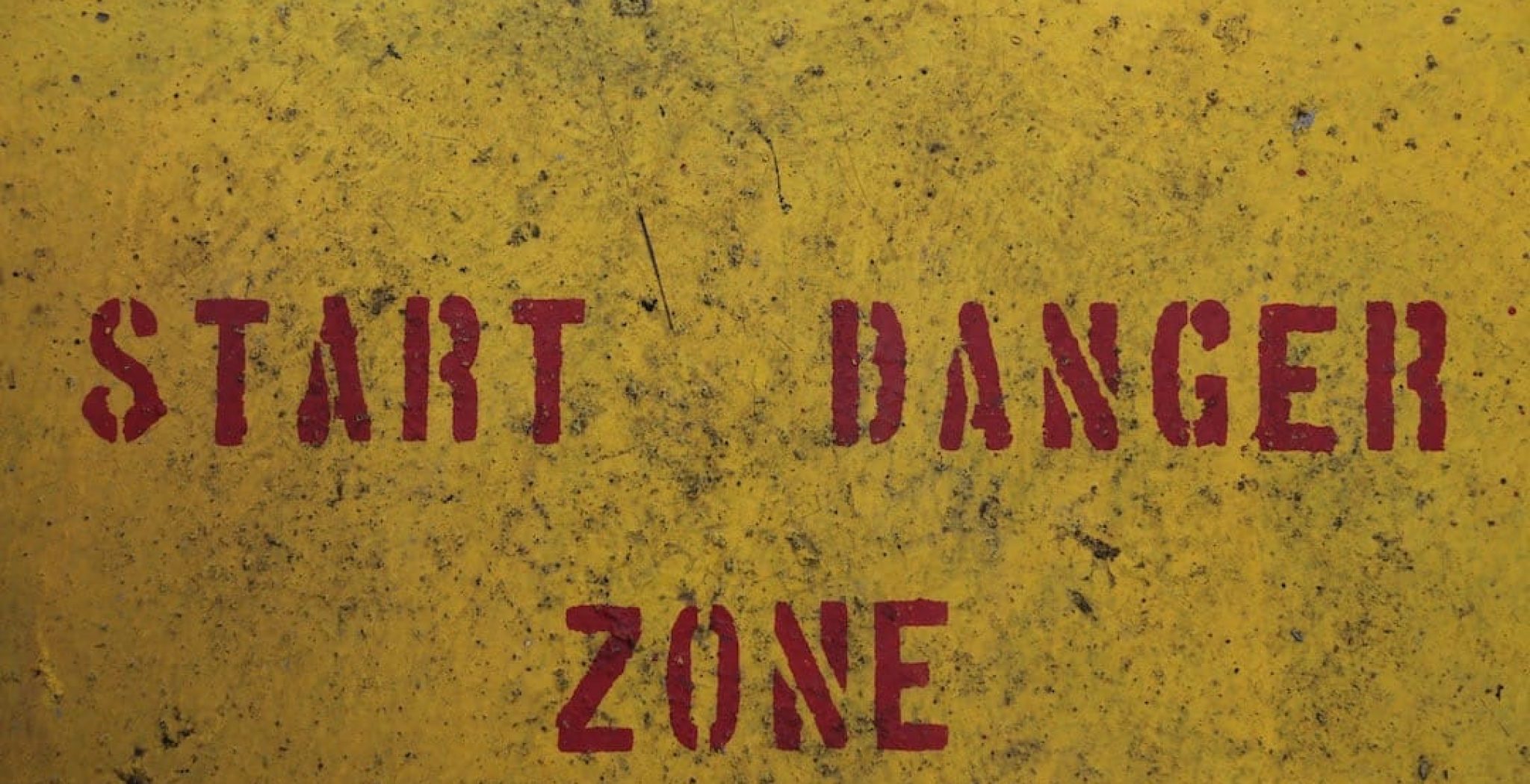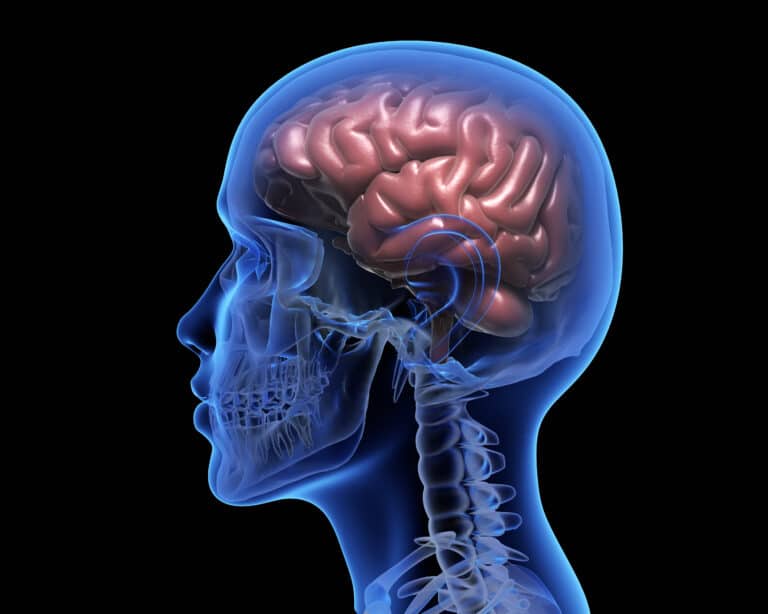Mental illness is widespread in the United States, affecting roughly one in five adults. On average, less than half seek mental health treatment in any given year. Although some of those who don’t seek help may experience mild to moderate symptoms and appear stable without treatment, that’s not always the case. While not every case of untreated mental illnesses require treatment to be managed, many that do are left untreated.
In the same way that untreated heart disease and diabetes can have significant morbidity and mortality, untreated mental disorders can also have devastating consequences. These negative consequences aren’t limited solely to the person with the psychiatric disorder. Allowing your mental disorder to go untreated can harm yourself, others, and society.
How Untreated Mental Illness Affects You
Mental illnesses can make getting through each day a challenge. Some mental health conditions may be more difficult to manage than others. However, all mental health conditions can add an additional layer of stress and work in a world already filled with plenty of both.
Treated mental illness can still be a daily struggle. However, this is usually magnitudes less debilitating than for those dealing with untreated mental illness.
Mental, Physical, Social, and Financial Consequences
Your wellness can suffer in ways other than the added stress and work of living with an untreated mental illness. Physically, your health can decline from being unable to exercise or even do the bare necessities of self-care, such as hygiene and eating. Financially, you can lose your job or be unable to obtain or maintain consistent work. Socially, friends and family might avoid or resent you.
Perhaps the most apparent risk to yourself is the risk of self-harm and suicide. Whether it’s depression, anxiety disorder, bipolar disorder, or other mental health conditions, the risk of self-harm or suicide is a serious issue. In 2020, roughly 12.2 million adults in the United States experienced serious suicidal ideation. Approximately 3.2 million made a plan, and 1.2 million attempted suicide. Of those who died from suicide in 2016, roughly 46% had a known mental illness.
How Untreated Mental Illness Affects Your Loved Ones
Your untreated mental illness goes far beyond only affecting you. It also can affect friends, family, and loved ones. Suicide will have devastating effects on those who care about you. Many blame themselves, haunted by thoughts about what they could’ve done differently to prevent this from happening or blaming themselves for not recognizing the signs. Their life also becomes worse overall because they’ve lost someone they loved.
Beyond the extreme circumstance of suicide, untreated mental illness can affect those who care about you in other ways. Caring about someone and worrying about them often go hand in hand. Seeing someone you care about suffering from untreated mental illness can be distressing. So much so that it can lead your loved one to develop their own mental or behavioral health issues brought on by stress.
How Untreated Mental Illness Affects Others
Untreated mental illness can cause harm beyond those who know you and care about you. For some mental health conditions, patients can experience hazardous symptoms such as:
- Delusions
- Visual or auditory hallucinations
- Manic episodes
Delusions are beliefs that are frankly untrue. There are numerous subtypes of possible delusions you could have. One example includes persecutory delusions, in which you believe you are being somehow conspired against with malicious intent. If you genuinely believe this, it is easy to see how it could be dangerous for the person or persons you believe are out to get you.
Visual and auditory hallucinations are when you see or hear something that isn’t actually there. If you saw someone or something trying to attack you and fought back, you could accidentally hurt someone else.
Some mental disorders may cause you to engage in risky behavior that could harm yourself or others. For example, if you were to drink and drive, this could cause severe injury to others, even if it wasn’t what you intended.
How Untreated Mental Illness Affects Society as a Whole
Finally, untreated mental illness can have detrimental effects on society as a whole. Treating a mental health condition does cost money for things such as therapy, medication, and office visits. However, it’s ultimately less expensive compared to the potential costs of an untreated mental illness. If you cannot work, society loses both your participation in the workforce and the tax dollars you would have contributed.
In the circumstance that your mental illness requires hospitalization or in-patient treatment, the expense is usually much higher than maintenance therapy. If you were to harm yourself or someone else, not only is there a loss of human capital, but those losses irreversibly damage countless other lives. In some cases, this could create new mental illnesses and magnify the burden placed on society.
The Consequences of Untreated Mental Health Disorders
Suffering from an untreated mental health disorder can have serious consequences for both the sufferer and those around them. People with untreated mental health disorders are more likely to develop a substance use disorder, engage in risky behaviors, and attempt or succeed at suicide. They are also more likely to experience problems at work or school, and they often have difficulty maintaining healthy personal relationships. In short, untreated mental health disorders can wreak havoc on every aspect of a person’s life.
What Can Be Done?
There are many things that can be done in order to increase access to mental health services for mental health problems. One thing that needs to be done is to destigmatize mental health problems so that more people feel comfortable seeking mental health care. Education is also key; if more people are aware of the signs and symptoms of psychiatric illness, then more people will be able to seek early intervention and treatment before their mental health issue deteriorates. Finally, we need to ensure that everyone has access to affordable mental healthcare so that cost is not a barrier to treatment.
Avoiding the Dangers of Untreated Mental Illness
There may be obstacles between you and obtaining treatment for your mental illness. Whether it’s money, work, family, ease of access, or something else, there’s always going to be a reason why getting treatment for your mental illness sounds too difficult.
However, it’s essential to weigh these obstacles against the risks of what could happen if you don’t. Like most things in life, getting help will always require some effort. Ultimately, it’s a lot easier to get help early on before having to experience one of the many dangerous consequences of going without treatment.
Mental illness is widespread and grossly underrated. Like other diseases, mental illness can have devastating consequences if left untreated. It can be harmful to you, your loved ones, and society as a whole. Awareness of these potentially dangerous outcomes is essential when considering whether or not to seek treatment. The cost of getting help for your mental condition is often significantly less than the potential costs of letting it worsen. If you or a loved one are dealing with an untreated mental illness, we want to help. Call us at (949) 284-7325 to speak to a team member and learn more about the next steps you can take to get help.






